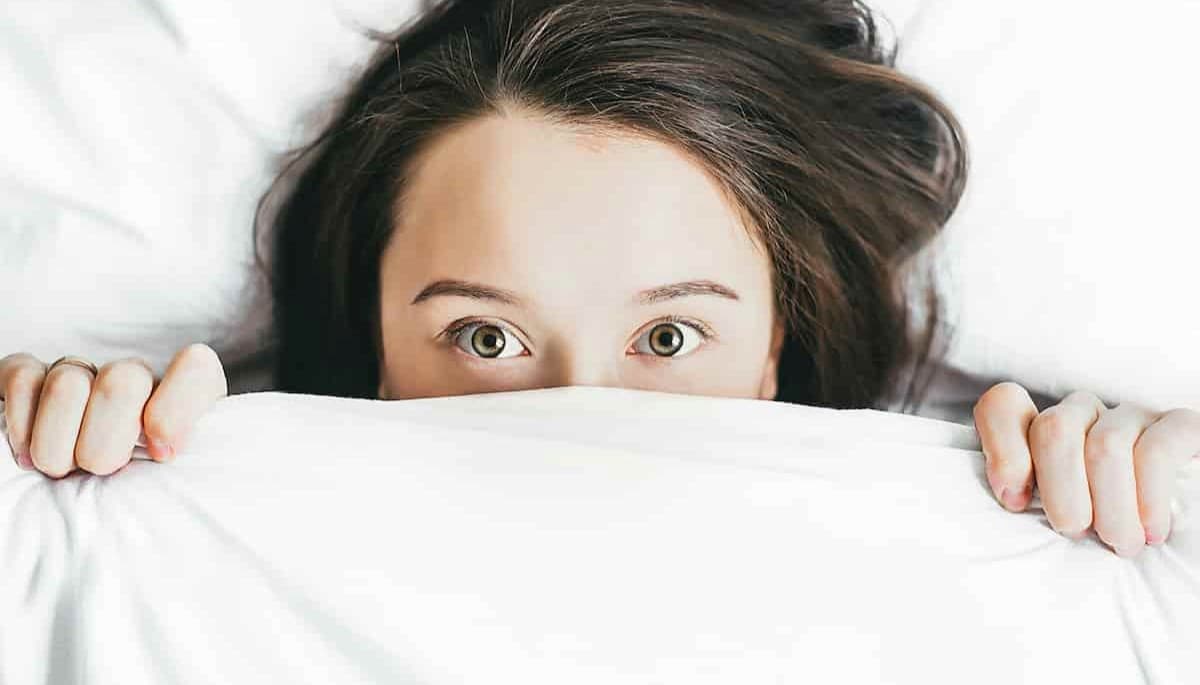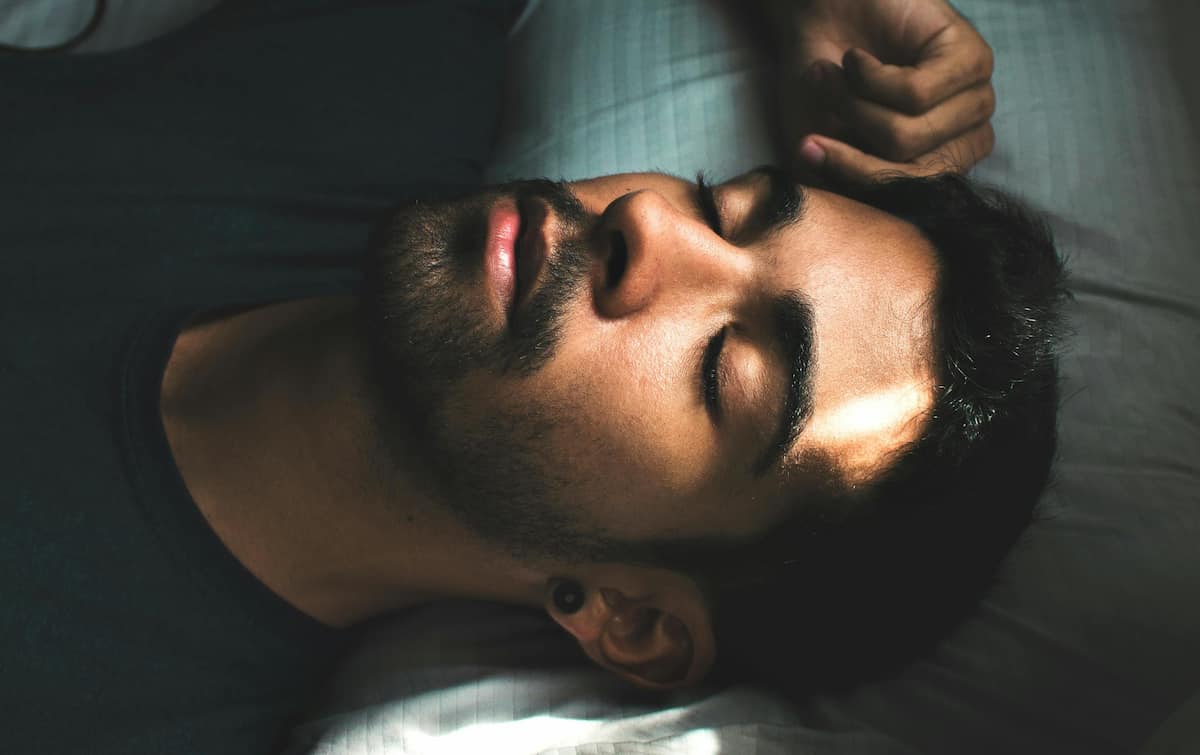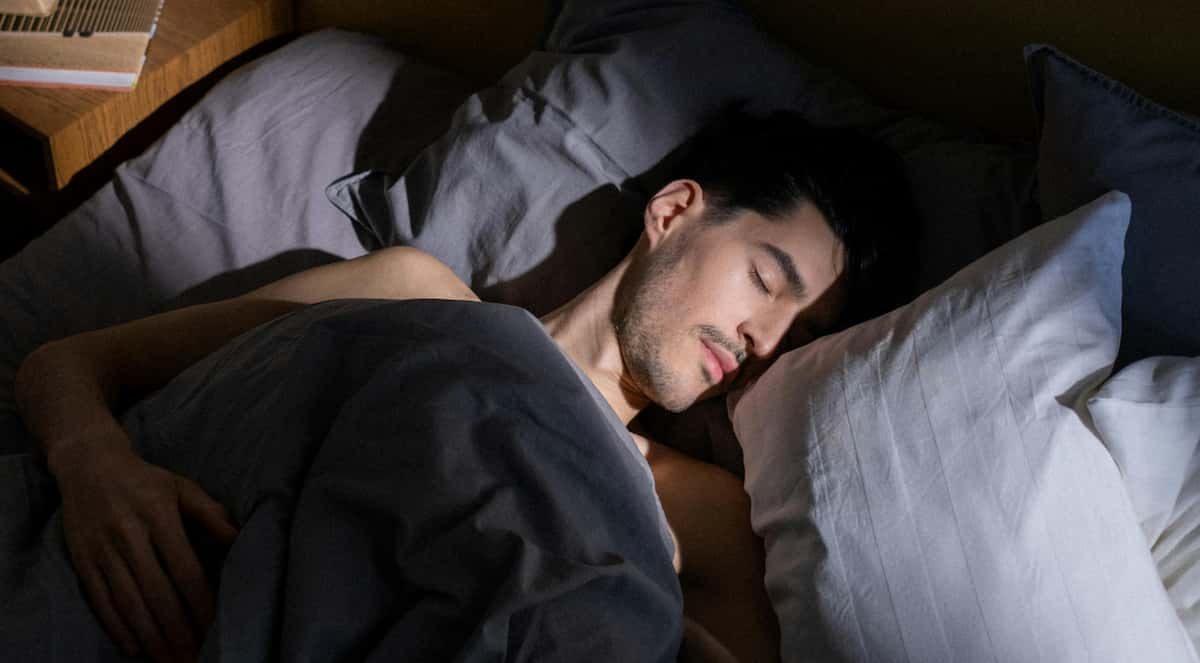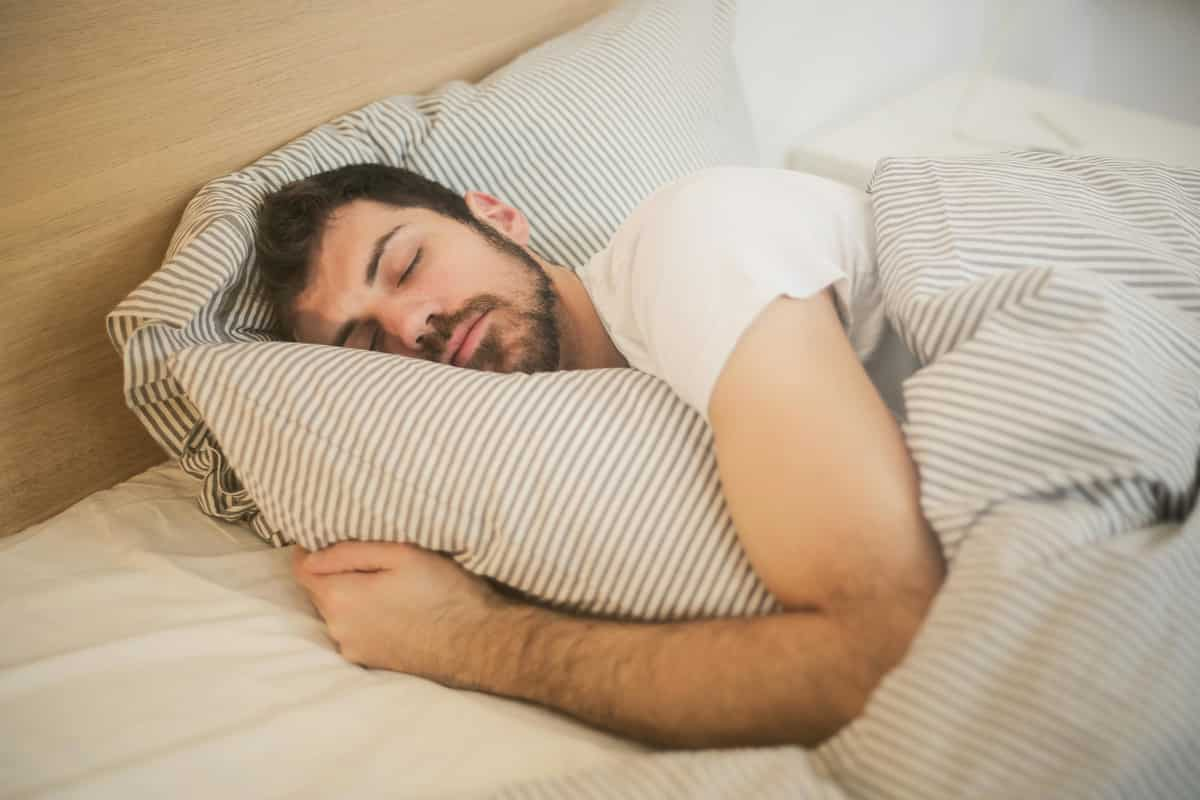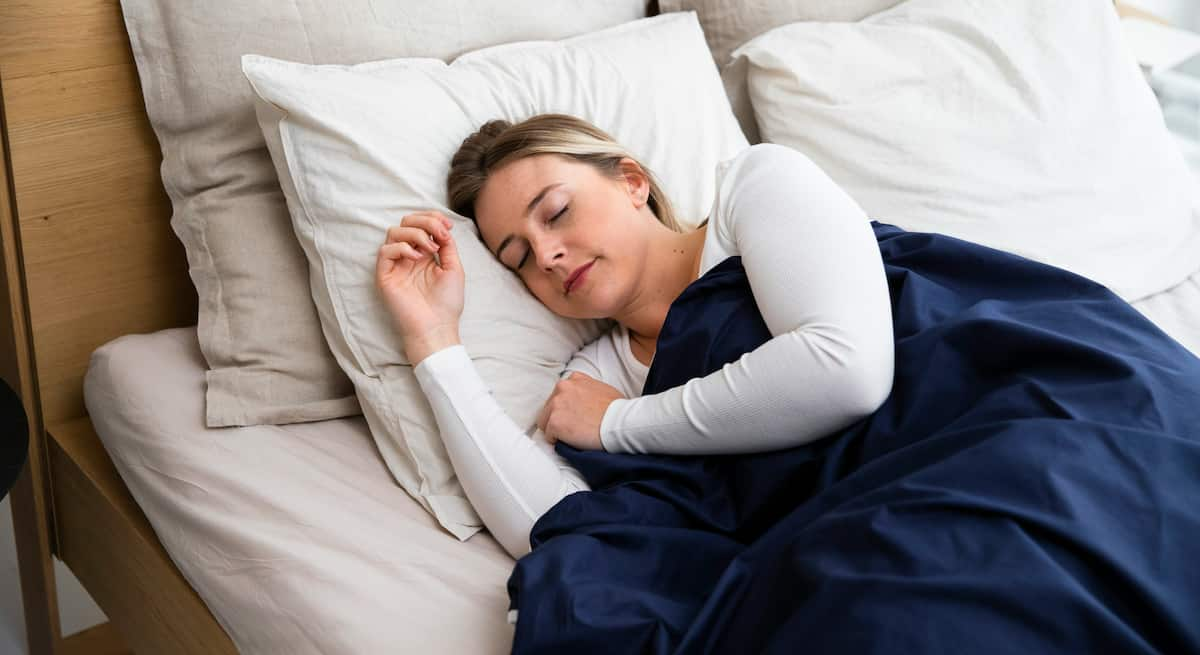A good habit that boosts attention, decision-making and the ability to resist impulses.
Good sleep habits can boost attention, decision-making and the ability to resist impulses.
Good sleep habits include going to bed at the same time every night, avoiding caffeine late in the day and allowing time to mentally wind-down before bedtime.
Professor June Pilcher, who led the study, said:
“Self-control is part of daily decision-making.
When presented with conflicting desires and opportunities, self-control allows one to maintain control.
Our study explored how sleep habits and self-control are interwoven and how sleep habits and self-control may work together to affect a person’s daily functioning.”
Professor Pilcher explained the review’s conclusions:
“Poor sleep habits, which include inconsistent sleep times and not enough hours of sleep, can also lead to health problems, including weight gain, hypertension and illness, according to prior research.
Studies have also found that sleep deprivation decreases self-control but increases hostility in people, which can create problems in the workplace and at home.”
Since sleep and self-control are so intimately connected, improving sleep can help in many ways, Professor Pilcher said:
“Many aspects of our daily lives can be affected by better-managed sleep and self-control capacity.
Improved health and worker performance are two potential benefits, but societal issues such as addictions, excessive gambling and over spending could also be more controllable when sleep deficiencies aren’t interfering with one’s decision making.”
Related
The study was published in the journal Frontiers in Human Neuroscience (Pilcher et al., 2015).
